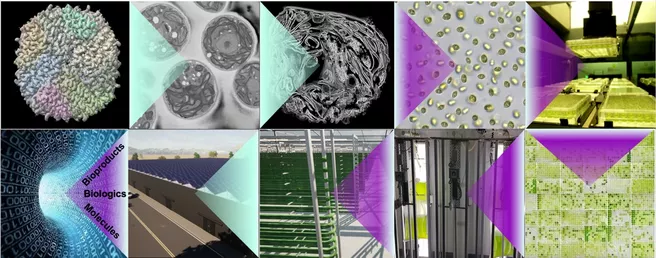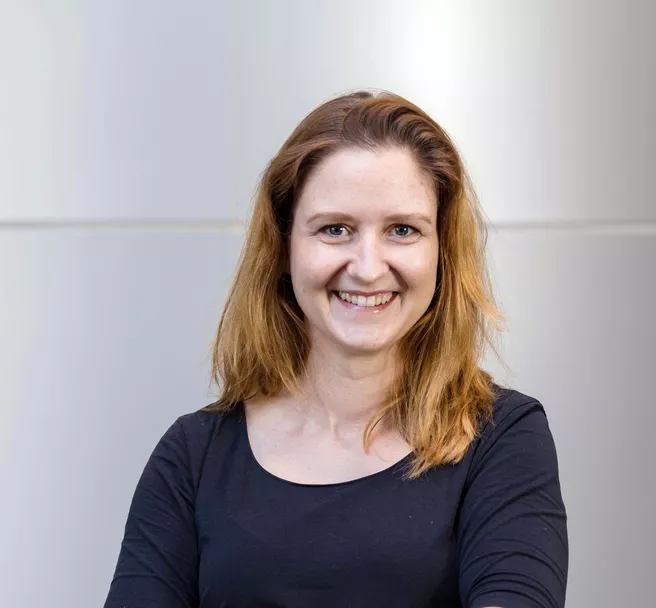Dear MEP Core Members, TUM Researchers and Students,
you are cordially invited to participate in our upcoming lecture series, "New Horizons in Materials, Energy, and Process Engineering", hosted by the Munich Institute of Integrated Materials, Energy, and Process Engineering (MEP).
This series will feature speakers from industry and leading universities sharing insights into topics within these cross-disciplinary research fields.
We're starting off with a presentation on
"Design and development of next-generation light driven biotechnologies: From atomic to industrial scale.”
by Dr. Juliane Wolf (https://researchers.uq.edu.au/researcher/16390), a research fellow at the Institute for Molecular Bioscience within the Group of Prof. Ben Hankamer (https://imb.uq.edu.au/research-groups/hankamer) at the University of Queensland, Australia.
Abstract:
Microalgae are rapidly growing microscopic solar driven ‘cell factories’ that sit at the nexus of today’s environmental (GHG emissions, clean water), social (energy, food) and economic challenges. The ‘Centre for Solar Biotechnology’ is focused on developing next generation microalgae systems as they tap into the power of the sun (>2300-fold total global energy demand) to produce biomass from CO2, water and nutrients. Australia is uniquely positioned to tackle the challenge of delivering cost-competitive solar biomanufacturing systems as it has vast lands, abundant solar irradiation, saline water resources and excellent infrastructure.
A wide-range of products can be manufactured: (1) High value foods and pharmaceuticals (e.g. foods/nutraceuticals, vaccines, peptide therapeutics, novel antibiotics in algae); (2) Reef protection/Bioremediation services (e.g. bioremediation technologies that minimises nutrient runoff to the reef; phyto-mining; waste stream valorisation); (3) Commodity products (e.g. animal feed, fertilisers, solar power H2 from water for fuel cells, liquid fuels).
The development of high-throughput screening (HTS) assays is central to optimize microalgae growth parameters and accelerate advancements in microalgae production scale-up, as well as the establishment of comprehensive techno-economic and life-cycle analysis platforms that further facilitate the de-risking of microalgae production for the industry.
Date: Tuesday, 30.04.2024
Time: 14:30 - 15:30
Location: Hörsaal 2, “Interims II” 1. OG (5416.01.003), Lichtenbergstr. 2b, 85748 Garching b. München

